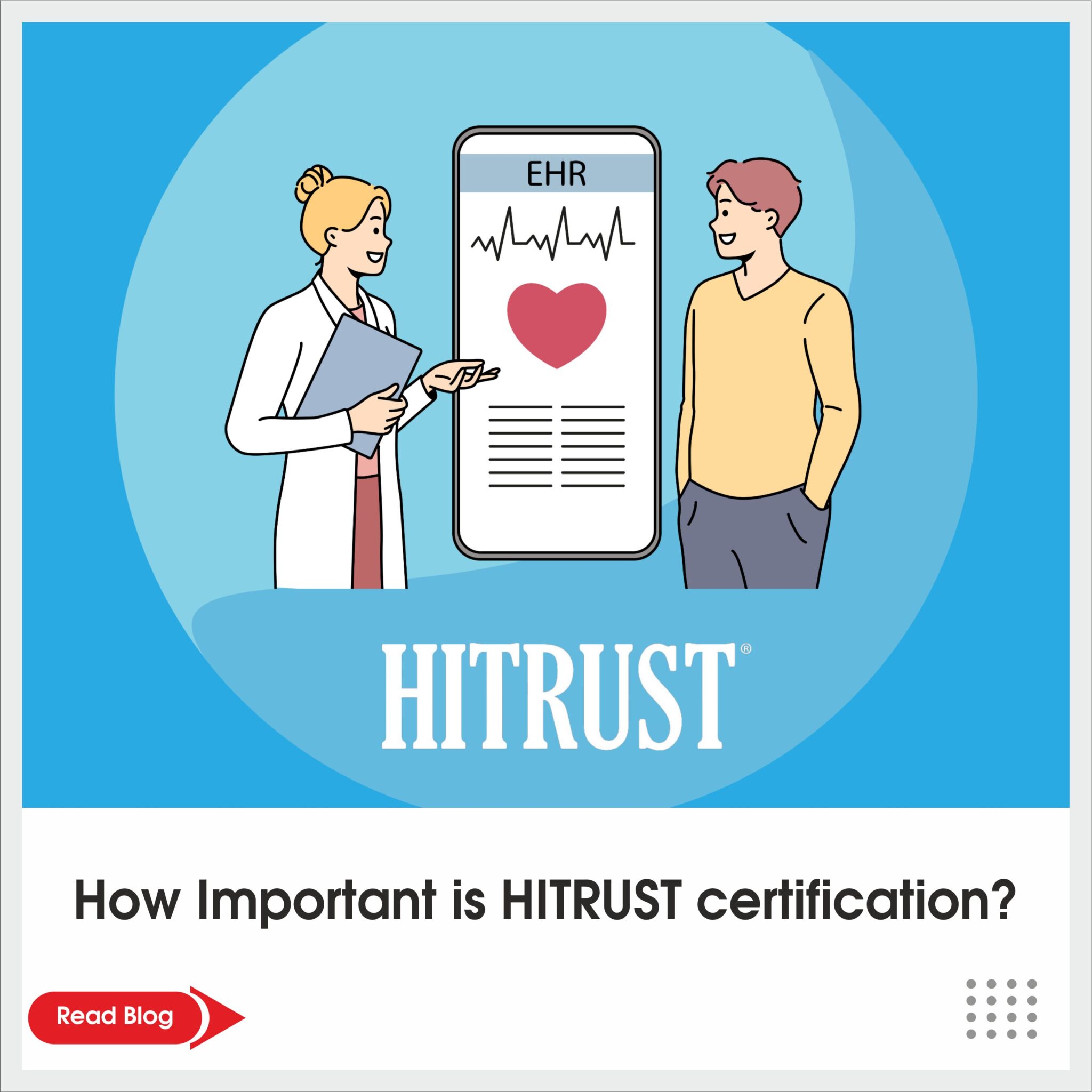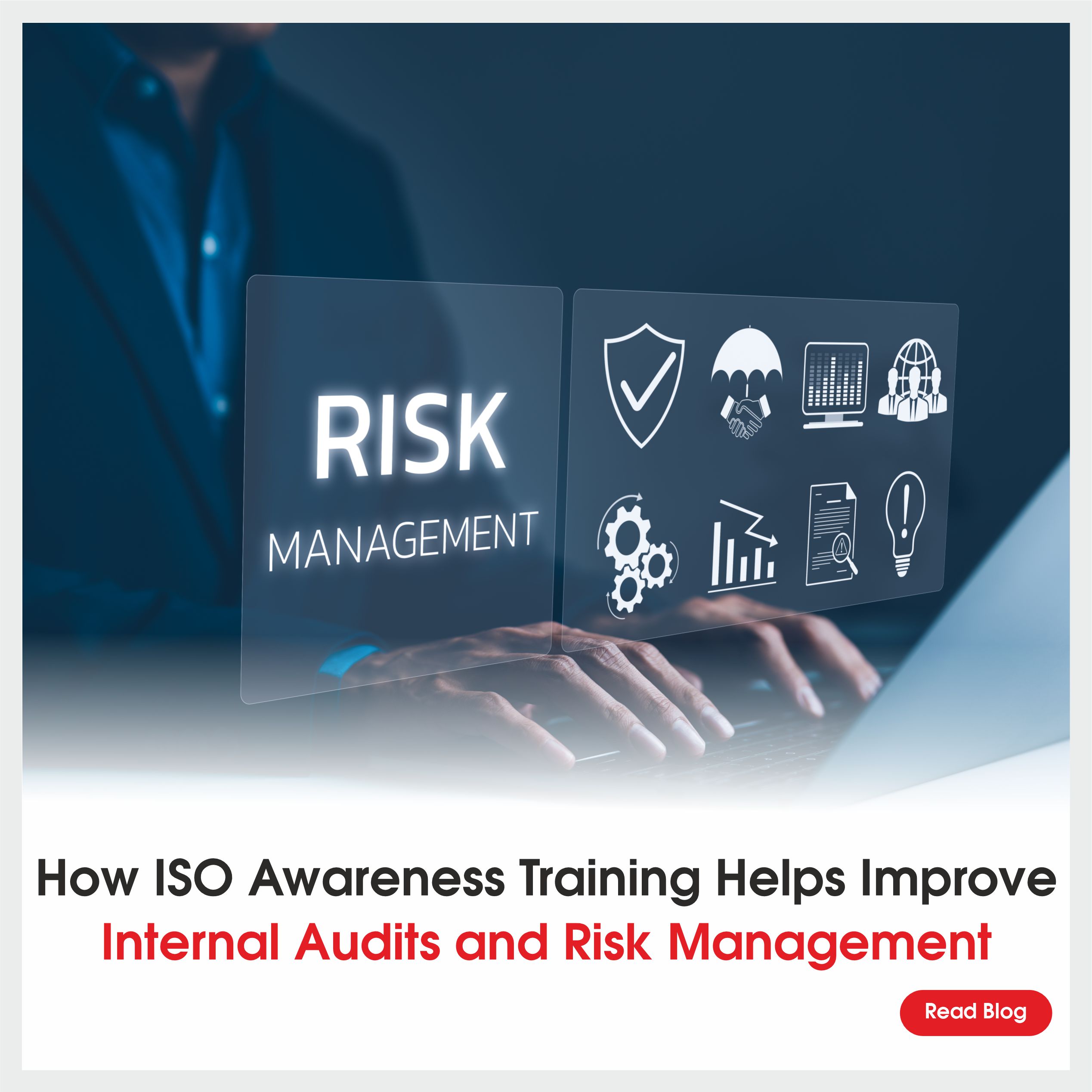The healthcare industry collects and stores a vast amount of patients’ data. As a result, it is more prone to cyberattacks and becomes the primary target of security breaches and data theft. As per the HIMSS Survey, around 81% of US hospitals and healthcare systems and 83% of payers are adopting the HITRUST information security framework to win clients’ and vendors’ trust. Moreover, the certification is necessary for third-party vendors in the healthcare sector.
HITRUST Certification is a significant tool for companies in the healthcare sector to demonstrate their commitment to information security and become successful. The certification provides an organisation with a proactive approach to expanding its consumer base and helps it retain existing customers. However, the HITRUST Alliance introduced the Common Security Framework (CSF) to empower healthcare systems and enable them to adopt appropriate cybersecurity defence mechanisms to safeguard users’, clients’, and stakeholders’ data.
HITRUST Certification is a significant tool for companies in the healthcare sector to demonstrate their commitment to information security and become successful. The certification provides an organisation with a proactive approach to expanding its consumer base and helps it retain existing customers. However, the HITRUST Alliance introduced the Common Security Framework (CSF) to empower healthcare systems and enable them to adopt appropriate cybersecurity defence mechanisms to safeguard users’, clients’, and stakeholders’ data.
What is HITRUST Certification?
HITRUST stands for the Health Information Trust Alliance (HITRUST) and is a Common Security Framework (CSF) designed by the HITRUST Alliance. Moreover, the certification provides a formal and extensive certification process for organisations for an information security program. The certification is the highest degree of confidence and demonstrates an organisation’s ability to meet compliance to safeguard users’ and stakeholders’ data.
The Health Information Trust Alliance, or HITRUST Alliance, is an independent not-for-profit body established in 2007 to manage information security risks and safeguard sensitive data. The organisation published the HITRUST Common Security Framework (CSF), which includes various other standards. These are:
HITRUST Common Security Framework (CSF) is a unique standard combining all other significant data security standards for information security and data protection, including SOC 2 and NIST. The certification mandates an organisation to conduct a thorough assessment and independent assurance program to follow a unified path to attain information security against cyberattacks. Moreover, HITRUST Certification is a gold standard for companies in the healthcare sector to ensure data protection and expand business.
The Health Information Trust Alliance, or HITRUST Alliance, is an independent not-for-profit body established in 2007 to manage information security risks and safeguard sensitive data. The organisation published the HITRUST Common Security Framework (CSF), which includes various other standards. These are:
- HIPAA
- ISO/IEC 27000-series
- NIST 800-53
- PCI-DSS
HITRUST Common Security Framework (CSF) is a unique standard combining all other significant data security standards for information security and data protection, including SOC 2 and NIST. The certification mandates an organisation to conduct a thorough assessment and independent assurance program to follow a unified path to attain information security against cyberattacks. Moreover, HITRUST Certification is a gold standard for companies in the healthcare sector to ensure data protection and expand business.
The Three Shades of the HITRUST Certification
HITRUST Certification follows a comprehensive information security framework that comes in three types :-
HITRUST bC: HITRUST bC is a verified assessment. However, it is not a third-party assessment but a self-assessment performed by the organisation. It is validated by the HITRUST e1.
The HITRUST i1: The HITRUST i1 is an assessment conducted by a HITRUST assessor firm or HITRUST-approved assessor of 219 HITRUST CSF controls. Moreover, it is valid for one year and can be supported by a readiness assessment.
The HITRUST r2: The HITRUST r2 is a HITRUST-validated assessment of the HITRUST CSF control baseline applicable to an organisation. It is valid for two years and can be attained after completing an interim inspection after the first year.
The HITRUST i1: The HITRUST i1 is an assessment conducted by a HITRUST assessor firm or HITRUST-approved assessor of 219 HITRUST CSF controls. Moreover, it is valid for one year and can be supported by a readiness assessment.
The HITRUST r2: The HITRUST r2 is a HITRUST-validated assessment of the HITRUST CSF control baseline applicable to an organisation. It is valid for two years and can be attained after completing an interim inspection after the first year.
HITRUST Security Controls
Companies in the healthcare sector can apply for HITRUST Certification to maintain compliance with significant information security regulations of all sizes. However, organisations need expert security guidance to convert general obligations into solid policies.
The HITRUST Certification offers hundreds of security controls across 19 different areas. These are:-
The HITRUST Certification offers hundreds of security controls across 19 different areas. These are:-
- Information security and protection program
- Endpoint protection (laptops, servers, and devices)
- Portable media controls (thumb drives and the like)
- Mobile device security (laptops, cell phones, etc.)
- Wireless access (WiFi security)
- Configuration and change management
- Vulnerability detection and management
- Network security protection
- Data transmission protection
- Password strength and management
- Access control to servers and software
- Audit logging and monitoring
- Employee education, training, and awareness
- Third-party contracts and management
- Incident response and management
- Business continuity and disaster recovery
- Risk assessment and management
- Data centre physical security
- Data protection and privacy
Conclusion ✅
HITRUST certification is a crucial benchmark in the healthcare industry’s fight against cyber threats and data breaches. The healthcare sector is particularly vulnerable to malicious attacks due to the sensitive nature of an effective marketing tool for organisations to win new clients, customers, and stakeholders.
HITRUST is a Common Security Framework (CSF) for healthcare organisations to gain a comprehensive approach by fortifying their defences against cyber threats. HITRUST certification encompasses various security controls, from endpoint protection to incident response and management, leaving no stone unturned in safeguarding sensitive data.
HITRUST is a Common Security Framework (CSF) for healthcare organisations to gain a comprehensive approach by fortifying their defences against cyber threats. HITRUST certification encompasses various security controls, from endpoint protection to incident response and management, leaving no stone unturned in safeguarding sensitive data.




